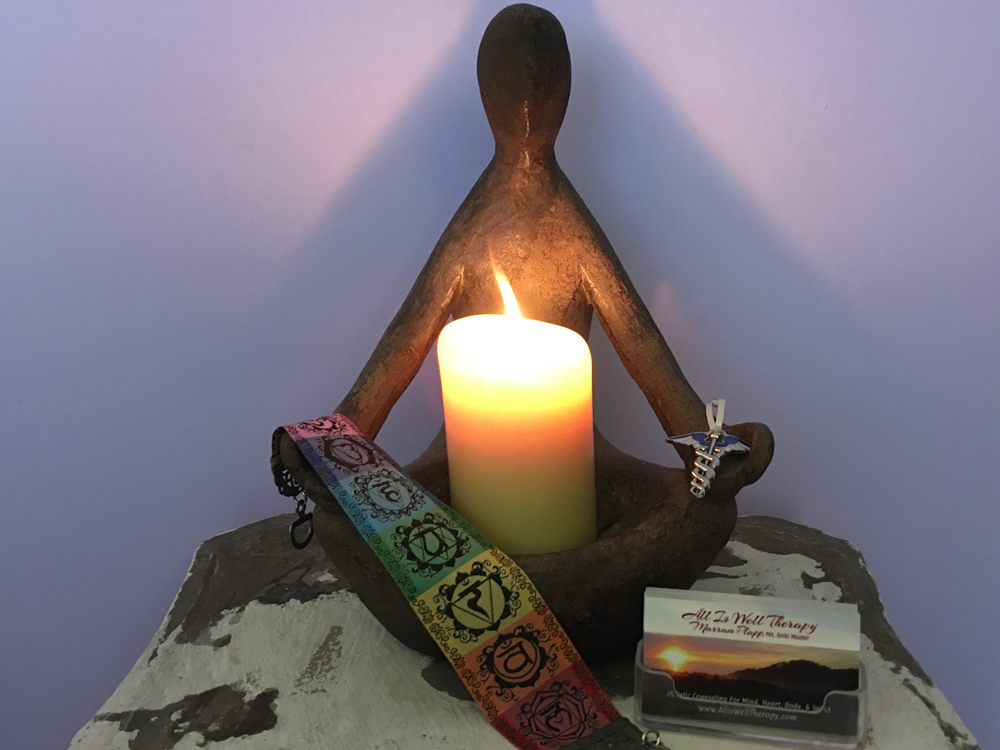It’s common to be reluctant to talk about your parents and siblings in therapy. If you haven’t really considered how your family has had an impact on you, then looking into the past and your family upbringing for answers to your problems can be anxiety provoking. It is especially difficult if you believe that you had a good, loving, and happy childhood. It may be hard then to fathom that there could be any connection at all between your family relationships and dynamics and the struggles that bring you to therapy.
If you believe you had a positive childhood you may feel protective of your family. You may not want to paint them in a negative light. You may feel like you’re betraying them if you say something bad about them. You may think it’s wrong, mean, or disrespectful and feel guilty talking about them in any way that is uncomplimentary. You may not want to be like other people who blame their parents for their problems and avoid taking any personal responsibility. Underneath it all, the biggest reason you may not want to talk about your family and shatter the ideal image is because you are unconsciously trying to protect yourself from what you may not realize yet, which is how your family has had an impact on you and how much it emotionally hurts to face this.
If you believe you had an unhappy childhood you may still feel protective of your family and not want to talk about them even though you understand there’s a link between your issues and what you experienced growing up in your family. Despite everything that happened you might have experienced happy moments, have fond memories, and respect certain things your parents provided, taught you, or the values they instilled. Nevertheless, the reason for not wanting to talk about your family is the same, which is protecting yourself from the impact your family had on you and from processing the emotional pain of this.
The reality is there is no perfect family. There is no perfect father. There is no perfect mother. There is no perfect sister. There is no perfect brother. People and families are a mix of potential positive and negative. Talking about the effects that your family had on you doesn’t mean that your parents are bad parents or people, or that they failed. It doesn’t mean that your siblings are bad siblings or people either. It just means that your parents and siblings are imperfect and human just like their parents and siblings before them. More importantly, acknowledging the effects your family had on you by talking about it certainly does not mean that you are a bad person. It simply means that you are doing what you need to do to help yourself get to a better place in your life and within yourself where you feel better. Being honest with yourself about the effects your family upbringing has had on you, and understanding the connections with your experience growing up then and your difficulties now, means you are moving closer towards the healing, growth, and change you are searching for.
Read more about individual therapy with Marram Plapp to further explore the impact of your family upbringing.

